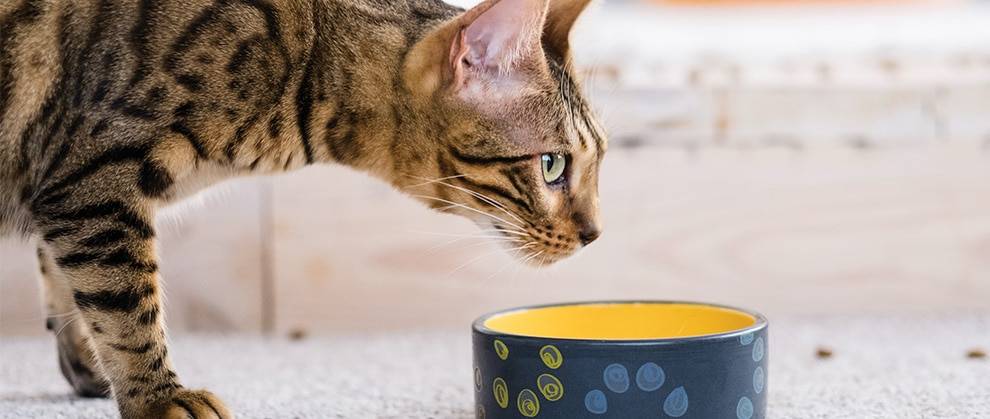Do Ferrets Make Good Pets?
Are you thinking about adding a ferret to your family but not sure if they’re the right pet for you? Look no further! In this blog post, we’ll explore the ins and outs of ferret ownership and help you determine whether these playful critters are the perfect fit for your household.
We’ll delve into the good, the bad, and the smelly (yep, ferrets have a reputation for being odoriferous) of having a ferret as a pet. We’ll cover everything from their playful personalities and intelligence to their high energy levels and need for specialized care.
So if you’re on the fence about ferret ownership, this post is a must-read. By the end, you’ll have a good idea of whether a ferret is the purr-fect (or, should we say, “fuzz”-tastic?) pet for you.
Ferrets are becoming increasingly popular among pet owners who don’t want the typical dog or cat. These mischievous animals may look cute and cuddly, but they require a great deal of care and attention. Before you add a ferret to your family, it’s important to consider whether or not they make good pets. Here’s a look at the pros and cons of having a ferret as your pet.

Pros of Having Ferrets as Pets
- Ferrets are incredibly social animals, and they love to play.
- They’re also very intelligent and can learn tricks, like fetching and coming when called.
- Ferrets are also low maintenance since they make minimal messes and don’t require much grooming.
- Unlike cats and dogs that need regular walks, ferrets can get plenty of exercise in their cages.
Cons of Having Ferrets as Pets
- Ferrets have a very specific diet that consists primarily of animal proteins, so you’ll need to do your research on what to feed them.
- They also require a lot of attention and playtime, so if you’re not willing to commit to that, it’s probably best not to get one.
- Additionally, ferrets can have an odor if their cage isn’t cleaned regularly, so it’s important to stay on top of cleaning the cage.
- Finally, ferrets are not legal in all areas, so it’s important to check local laws before getting one.
Overall, ferrets can be great pets if you commit to caring for them properly. But keep in mind that they require a lot of time and attention, as well as some special dietary needs that must be met. If you’re up for the challenge, then a ferret could be the perfect pet for you.
Tips for Taking Care of Your Ferret
When it comes to taking care of your ferret, it’s important to provide them with a clean, comfortable environment. Keep in mind that ferrets are small animals, so their cages should be big enough for them to move around and explore. Providing plenty of toys and activities to keep your ferret entertained is also important. Additionally, make sure to clean their cage regularly and provide fresh food and water every day.
Health Issues to Be Aware Of
Like any pet, ferrets are prone to certain health issues. They can be susceptible to hairballs, ear infections, dental problems, and skin issues. It’s important to check your ferret regularly for any signs of illness or injury and to take them to the vet as soon as possible if any problems arise. Additionally, ensure your ferret is vaccinated according to your vet’s recommendations.
How To Handle Your Ferret
When it comes to handling your ferret, there are a few key tips to keep in mind. Make sure your hands are clean before handling the ferret and talk to them in a gentle voice. Give the ferret time to get used to you before you attempt to pick them up. When picking up your ferret, make sure you support their body and keep them close to you. Finally, ensure you never leave your ferret unattended with small children or other animals.
Traveling With Your Ferret
If you need to travel with your ferret, it’s important to take a few precautions. First, make sure your ferret is used to being in their carrier before you travel. Additionally, never leave your ferret in a hot car – instead, bring the carrier into the air-conditioned vehicle with you. When it’s time to check into a hotel or other lodging, ensure they’re pet friendly before bringing your ferret inside.
Grooming Your Ferret
Ferrets have a natural musky smell that tends to get stronger when they get older. To keep their fur clean and smelling fresh, it’s important to bathe them regularly – usually about once a month. Make sure the water isn’t too hot or too cold when giving them their bath, and use a mild shampoo designed specifically for ferrets. Also, brush their fur often to prevent knots from forming.
Introducing a Ferret To Other Pets
If you plan on introducing a ferret into your home that already has other pets, it’s important to do so carefully. Make sure the other animals are comfortable with the presence of the ferret before allowing them near each other. Additionally, never leave the ferret unsupervised with other animals until you’re certain they can get along peacefully.
Signs of Stress in Ferrets
Ferrets can sometimes become stressed out due to changes in their environment or routine. If you notice your ferret exhibiting signs of stress, such as pacing, excessive grooming, or aggression, it’s important to take steps to reduce their stress levels. Try introducing new toys or activities into their routine, making sure they have plenty of space in their cage for exploration and providing extra cuddle time.
Destructive Habits of Ferrets
Ferrets can sometimes develop destructive habits such as chewing on furniture or electrical cords, digging in the trash, or urinating outside of the litter box. To prevent such behaviors from becoming habits, it’s important to provide plenty of enrichment activities, such as chew toys and tunnels for exploration. Additionally, ensure they have access to plenty of water throughout the day.
Potential Health Risks With Ferrets
Ferrets can be prone to certain health risks, such as respiratory infections, heat stroke, and heart disease. It’s important to pay close attention to any changes in behavior and schedule regular checkups with your veterinarian. Additionally, ensure your ferret receives all necessary vaccinations according to your vet’s recommendations.
Recognizing Signs Of Illness In Ferrets
It’s important to be aware of any changes in behavior that might indicate an underlying illness in your ferret. Signs of illness may include lack of appetite, lethargy, or unusual vocalizations. If you notice any of these symptoms in your pet, take them to the vet immediately for a checkup.
Providing Mental Stimulation For Your Ferret
Ferrets tend to get bored easily and require mental stimulation throughout the day. Make sure they have plenty of toys and activities, such as tunnels and chew toys. You can also set up an obstacle course or hide treats throughout their cage for extra enrichment.






Pingback: Ferret-astic Lifespans: How Long Do Ferrets Live? - Pet Stock Central